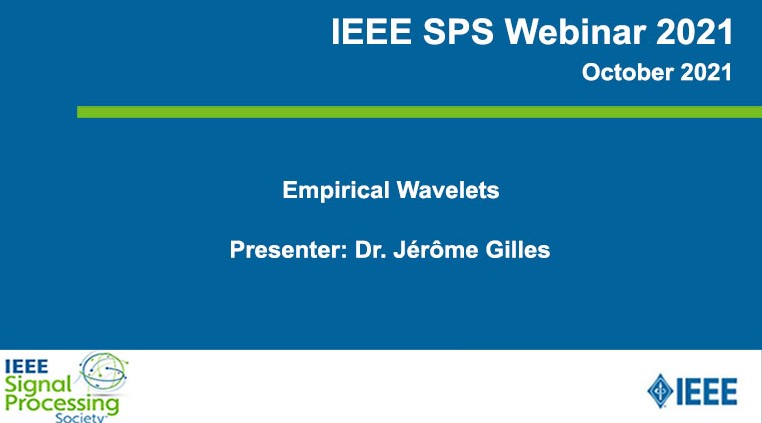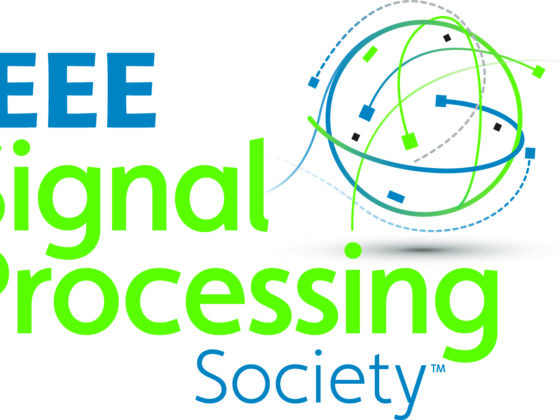Adaptive (i.e., data-driven) methods have become very popular these last decades. Among the existing techniques, the empirical mode decomposition has proven to be very efficient in extracting accurate time-frequency information from non-stationary signals. However, it is a purely algorithmic method and lacks of solid theoretical foundations. To overcome this issue, we propose the construction of adaptive wavelets, called empirical wavelets. Their aim is to decompose a signal into its harmonic
IEEE-Affiliated Group Name: The IEEE Signal Processing Society






You must belogged in to post a comment.